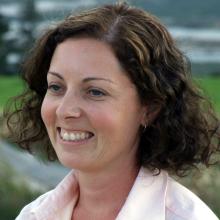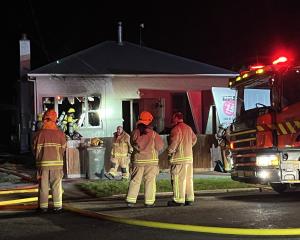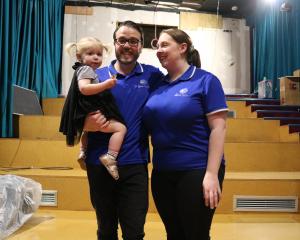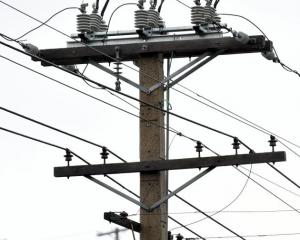
Waitaki catchment dairy farmer Joy Burke told the panel of independent commissioners conducting hearings in Oamaru yesterday she wanted to speak ''from the heart'' about the frustrations she was dealing with on her two irrigated dairy farms at Tawai and Ikawai, despite having ''made a huge effort to understand and try to comply'' with the proposed new rules.
The plan aimed to control the loss of nutrients to groundwater, and therefore deals with water quality issues, but Ms Burke had been dairy farming for a ''large number of years'' and due to the plan's adherence to Overseer, the computer program for producing a nutrient budget that shows where different elements are in farm soil, would probably now require resource consents to farm.
''We have always tried to be good custodians,'' she told the commissioners.
In her submission she wrote she was concerned the plan change was ''unworkable, unwieldy and difficult to understand''.
''As a farmer I should be able to pick up the plan, read and understand it, and be able to determine on my own what the implications are for me. This is not possible. Nor can I understand how I could implement it completely.''
Her Overseer modelling showed she was leaching more than 30kg of nitrogen per hectare per year, so she changed how she was running her farm and she received a new reading of 17kg of nitrogen per hectare per year.
''I was delighted. I'd done all sorts of things.''
But delight became disappointment when changes to the programme resulted in a new reading of 60.
Today's second day of hearings at the Oamaru Opera House were allotted to the Waitaki Irrigators Collective, which included several expert witnesses, 15 farmers, and a farming group representative.
Waitaki Irrigators Collective policy manager Elizabeth Soal said the collective had made an effort to understand their farmers' concerns and, like Ms Burke, many had found the plan ''extremely complex''.
''Everyone wants to improve water quality. We agree that is an important goal, but we need to have a rule framework that farmers can understand and can implement on their farms,'' Ms Soal said.
Further, due to the changing values used in the computer modelling ''farmers could potentially be hopping in and out of whether they require a resource consent or not''.
''You could be compliant one day and literally the next day you're not compliant, just because the computer model changes, but your farming practices and the environment hasn't changed at all.''
She said the collective submission had ''taken the framework that ECan (Environment Canterbury) has proposed and we've essentially simplified it down''.
The collective's farmers use farm environmental management plans, tailored for their farms and environmental issues
''And so we're saying ... that should be the process that is used, rather than requiring everyone else to go and get another resource consent.''













